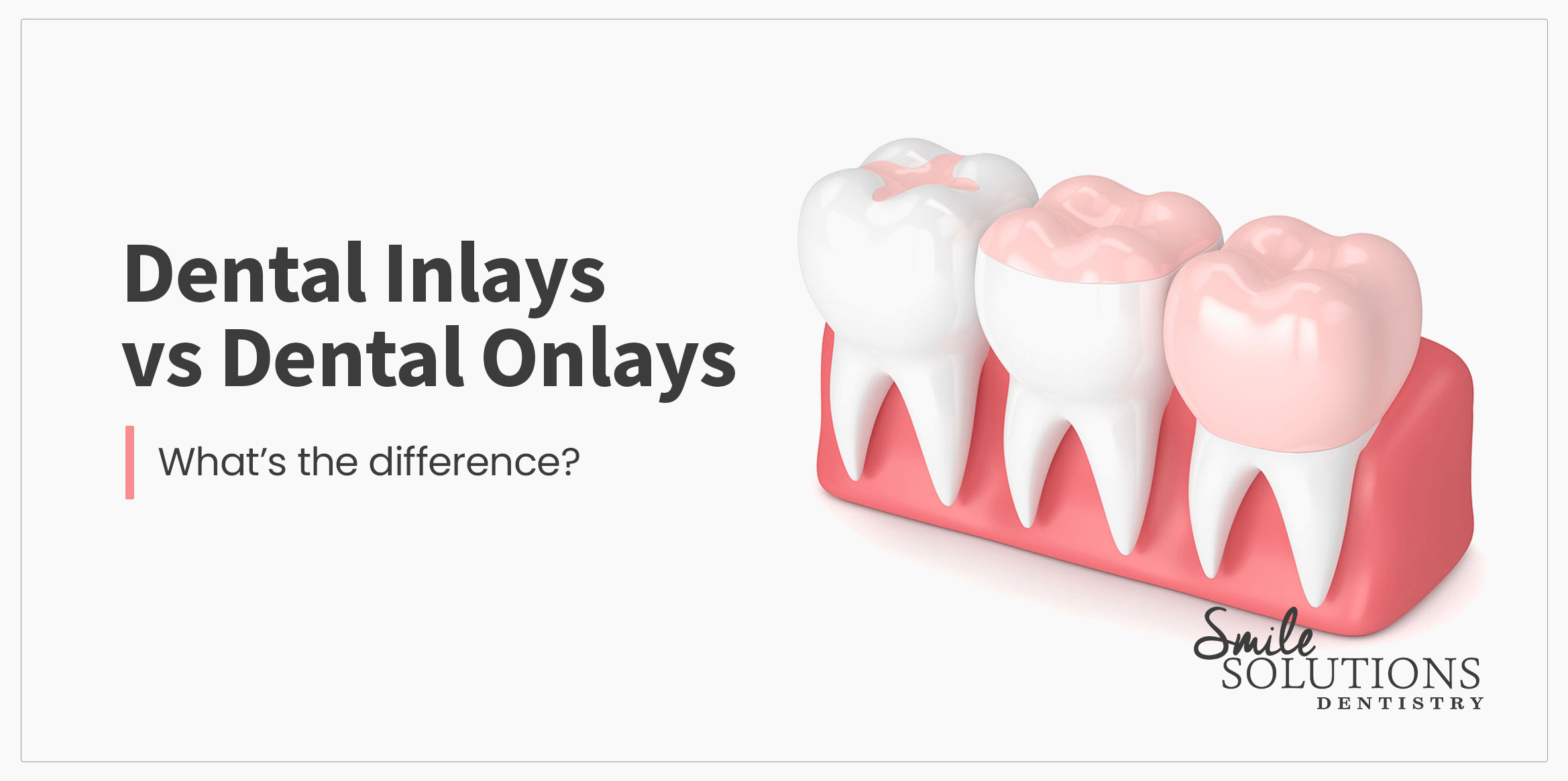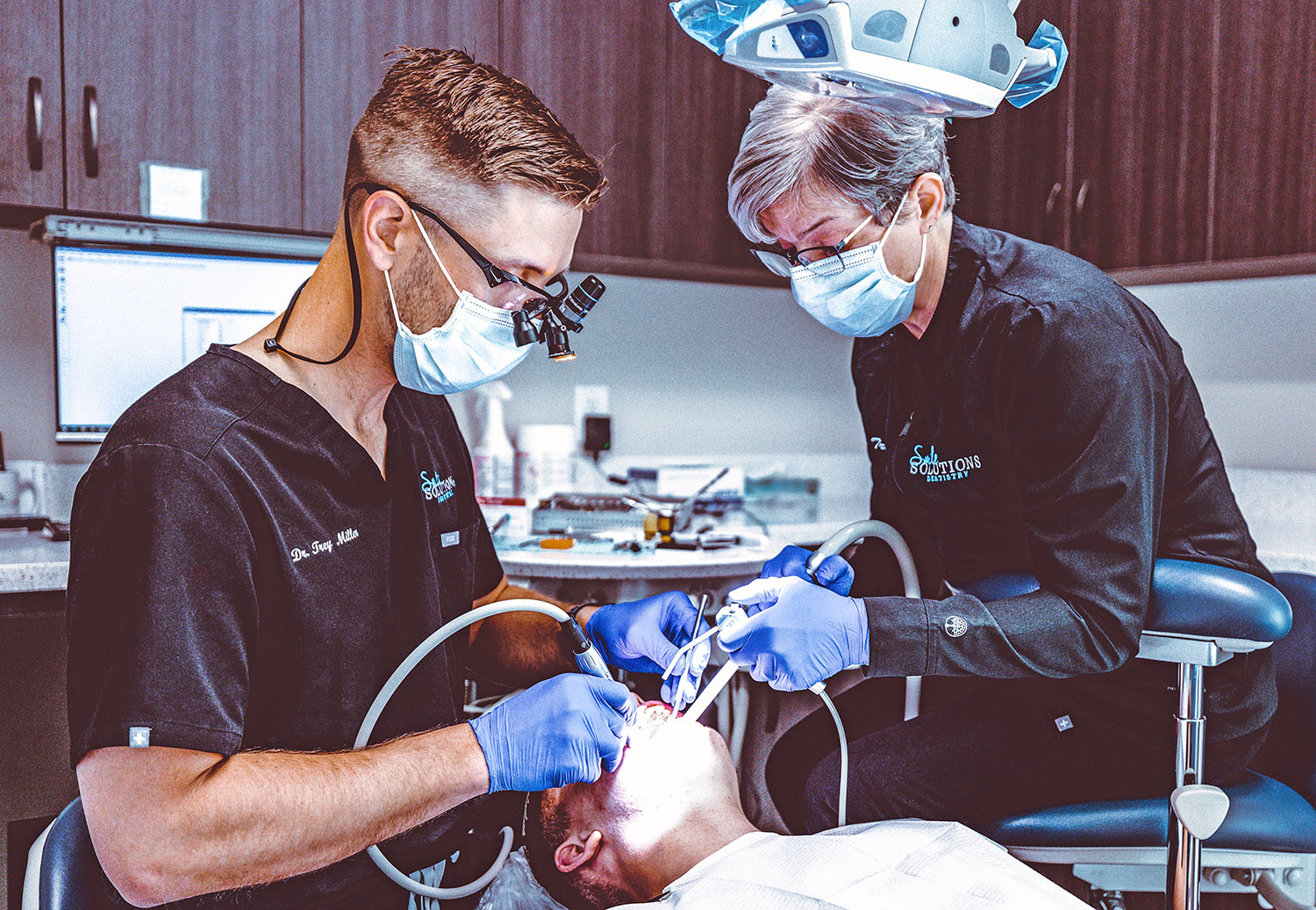Comparing Dental Inlays and Onlays
If you’re experiencing problems with a cracked or decayed tooth, your dentist may recommend a dental inlay or onlay. Both are restorative techniques used to restore teeth that have been damaged due to cavities or trauma. But what is the difference between the two? Let’s take a look.
Whether your dentist recommends an inlay or an onlay will depend on how much damage has been done to your tooth.
Dental Inlays
A dental inlay is a restoration technique used to fill cavities in the back teeth. It is usually made of gold, porcelain, composite resin, or ceramic and it fits inside the cusps (or tops) of the tooth. Dental inlays are more durable than composite fillings because they are bonded directly to the teeth for greater strength. They also provide better protection from bacteria entering into the cavity and causing further damage to the tooth structure.
Dental Onlays
A dental onlay is similar to an inlay except that it covers one or more of the cusps of the tooth as well as part of its surface area. This type of restoration requires more preparation than an inlay and is usually used when there has been extensive decay or damage to the tooth structure that cannot be restored with just an inlay alone. Like an inlay, a dental onlay can be made from either gold, porcelain, composite resin, or ceramic material and is designed to fit precisely into place over the affected area of the tooth providing extra reinforcement and protection against further damage.
Conclusion
Whether your dentist recommends an inlay or an onlay will depend on how much damage has been done to your tooth—inlays are generally recommended for smaller cavities while larger areas require an onlay for proper coverage and structural stability. Both procedures are minimally invasive and can provide optimal restoration for damaged teeth so you can enjoy good oral health once again! With proper care and maintenance, both dental inlays and onlays can last up to 15 years before they need replacement. Talk to your dentist today about which procedure is right for you!
Questions?
If you have questions or would like to schedule a consultation please don’t hesitate to call us (704-456-9611) or schedule an appointment.




